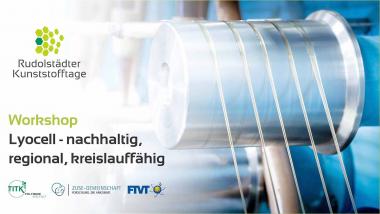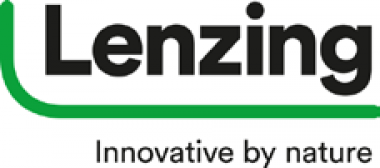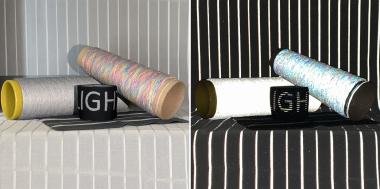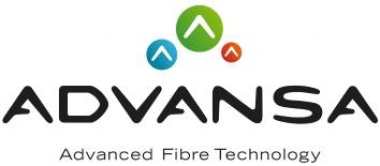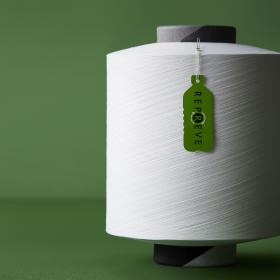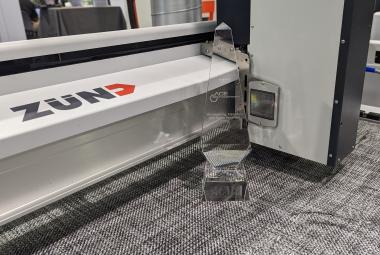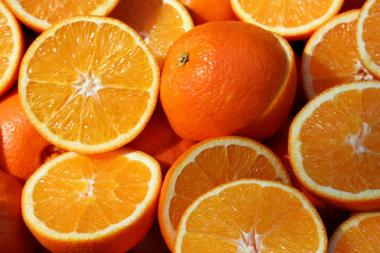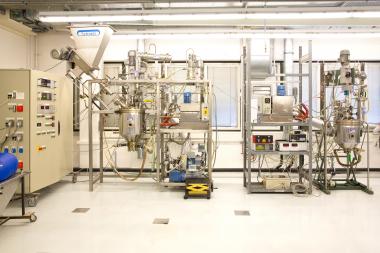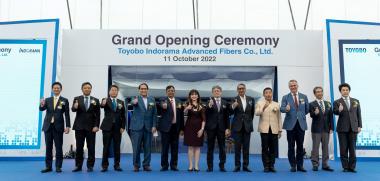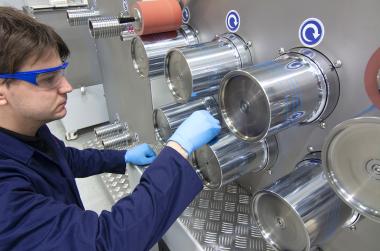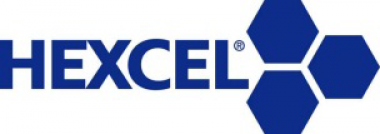TITK: Lyocell-Workshop im November
Das TITK - Thüringisches Institut für Textil- und Kunststoff-Forschung e.V. lädt in der Reihe „RUDOLSTÄDTER KUNSTSTOFFTAGE“ am 24. November 2022 zum Workshop „Lyocell 2022 – nachhaltig, regional, kreislauffähig“ ein. Anmeldeschluss ist der 18. November 2022.
Es werden die Anforderungen an moderne Faserstoffe und Textiltechnologien diskutiert und dargelegt, wie der Lyocell-Prozess eine nachhaltige und zirkuläre Textilwirtschaft auch in regionalen Geschäftsmodellen ermöglicht. Dies ist umso bedeutsamer, da ab 2025 europaweit die Verpflichtung zur Rücknahme und Verwertung von Alttextilien gilt.
Der eintägige Workshop gibt Einblicke in die Vielfalt an alternativen Zellstoffen - inklusive Nutzung landwirtschaftlicher Reststoffe oder von chemisch recycelten, pre- oder post-konsumen Textilabfällen. Referenten aus Industrie und Forschung sprechen über die neuesten Entwicklungen der Branche. Darüber hinaus besteht die Möglichkeit, Labore und Technika zu besuchen und sich fachlich auszutauschen.
Thüringisches Institut für Textil- und Kunststoff-Forschung e.V. lyocell fibers TITK Rudolstadt
Thüringisches Institut für Textil- und Kunststoff-Forschung e.V.


